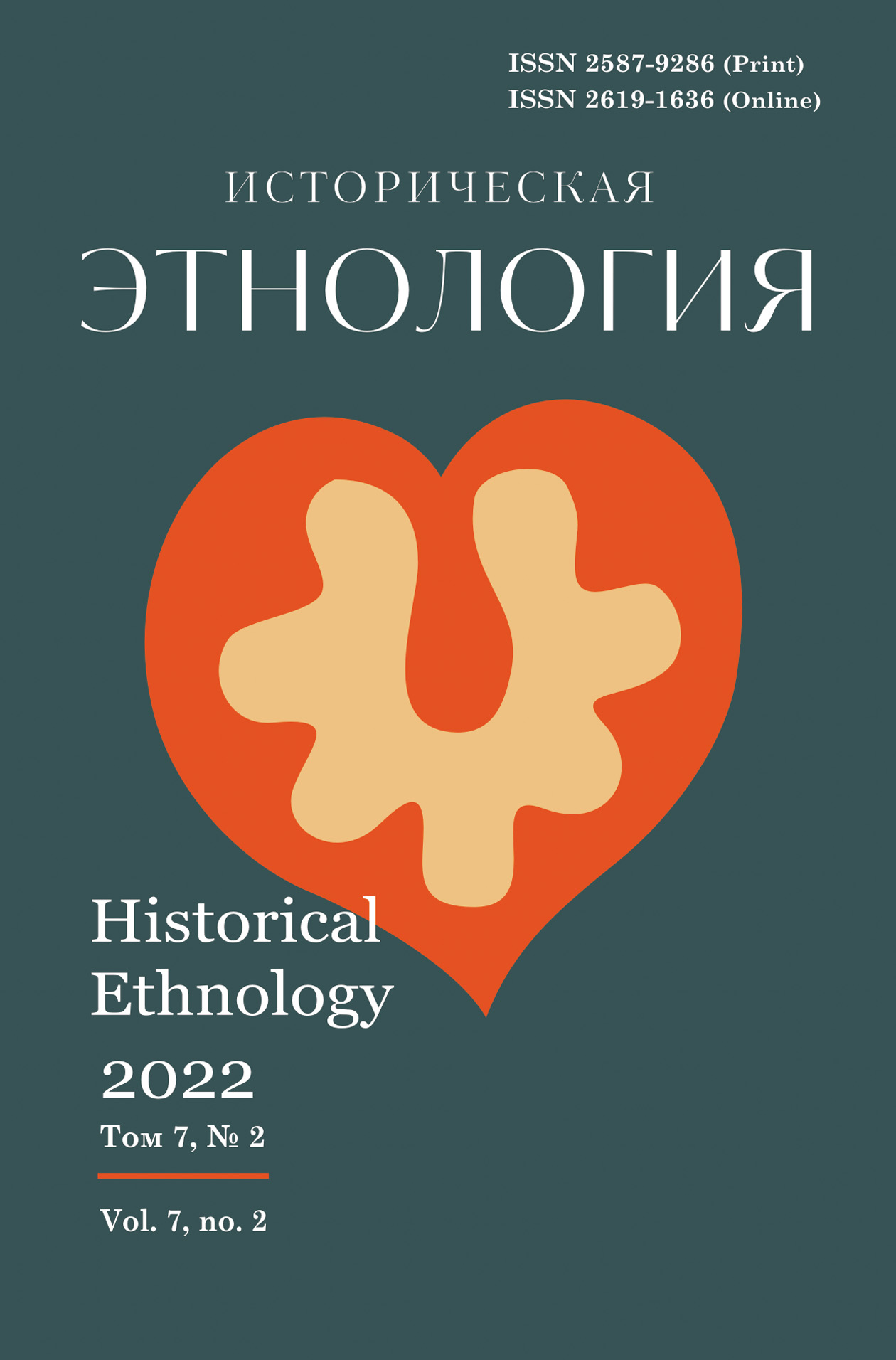
Main menu / 2022, vol.7, no.2 / Makarova G.I.
The image of Tatarstan in cultural policy and regional development strategies (2013–2019) Makarova G.I.
307-328 p. doi.org: 10.22378/he.2022-7-2.307-328 The recent decades in the Russian Federation were characterized by a change in the strategies of regions and their inclusion in the logic of mutual competition. This made it relevant to search for the distinctiveness of each of them, building public ethno-cultural images. The purpose of the article is to reveal the content and specifics of its image formed in Tatarstan through official legal and program documents related to culture and socio-cultural development. The lower time limits of the study are determined by hosting the first sports mega-event in the republic − the Universiade-2013, the upper ones − by the last pre-pandemic year (2019). The main research method is the selection and traditional analysis of laws, strategies, programs, concepts adopted in the republic and related to ethno-cultural and strategic territorial development. The conducted analysis determined two main directions of representation of the Republic of Tatarstan. The first one is consistent with the strategies of the 1990s – early 2000s, when its ethno-cultural component came to the fore. In the documents related to it, Tatarstan is promoted as a historically established multicultural region, a territory of interethnic harmony, parity of Tatar and Russian cultures, Islam and Orthodoxy, as well as a center for the development of Tatar culture, Tatar identity. The second direction is connected with the reorientation of the activity of the regional elites towards the search for new socio-economic meanings, however, related to socio-cultural ones. The Republic is being promoted as a modernized competitive region of the country, in which special attention is paid to a person, the development of his abilities and the realization of needs, including in a safe and comfortable socio-cultural environment. The ethnocultural distinctiveness of the territory is interpreted as an advantage in interregional competition, a resource for attracting investment and social capital. Keywords: ethno-cultural image, cultural policy, regional development strategies, regional identity, elites, Tatarstan For citation: Makarova G.I. Obraz Tatarstana v kul’turnoy politike i strategiyakh regional’nogo razvitiya (2013–2019 gg.) [The image of Tatarstan in cultural policy and regional development strategies (2013–2019)]. Istoricheskaya etnologiya, 2022, vol. 7, no. 2, pp. 307–328. https://doi.org/10.22378/he.2022-7-2.307-328 (In Russian)
REFERENCES Bogatova O.A. Social’nye tekhnologii upravleniya respublikanskoy i rossiyskoy identichnost’yu v otsenkakh naseleniya Respubliki Mordoviya: opyt kachestvennogo sociologicheskogo issledovaniya [Social Technologies of Managing the Republican and Russian Identity in the Assessments of the Population of the Republic of Mordovia: Experience of Qualitative Social Research]. Vestnik Udmurtskogo universiteta. Sociologiya. Politologiya. Mezhdunarodnye otnosheniya, 2017, vol. 1, no. 1, pp. 54–70. (In Russian) About the author: Guzel I. Makarova, Dr. Sc. (Sociology), Associate Professor, Chief Research Fellow of the Department for Ethnological Research, Marjani Institute of History of the Tatarstan Academy of Sciences (7А, Baturin St., Kazan 420111, Russian Federation); makarova_guzel@mail.ru
Received April 26, 2022 Accepted for publication May 31, 2022 Published Online November 23, 2022 |
Istoricheskaya etnologiya Historical Ethnology
Scientific journal







